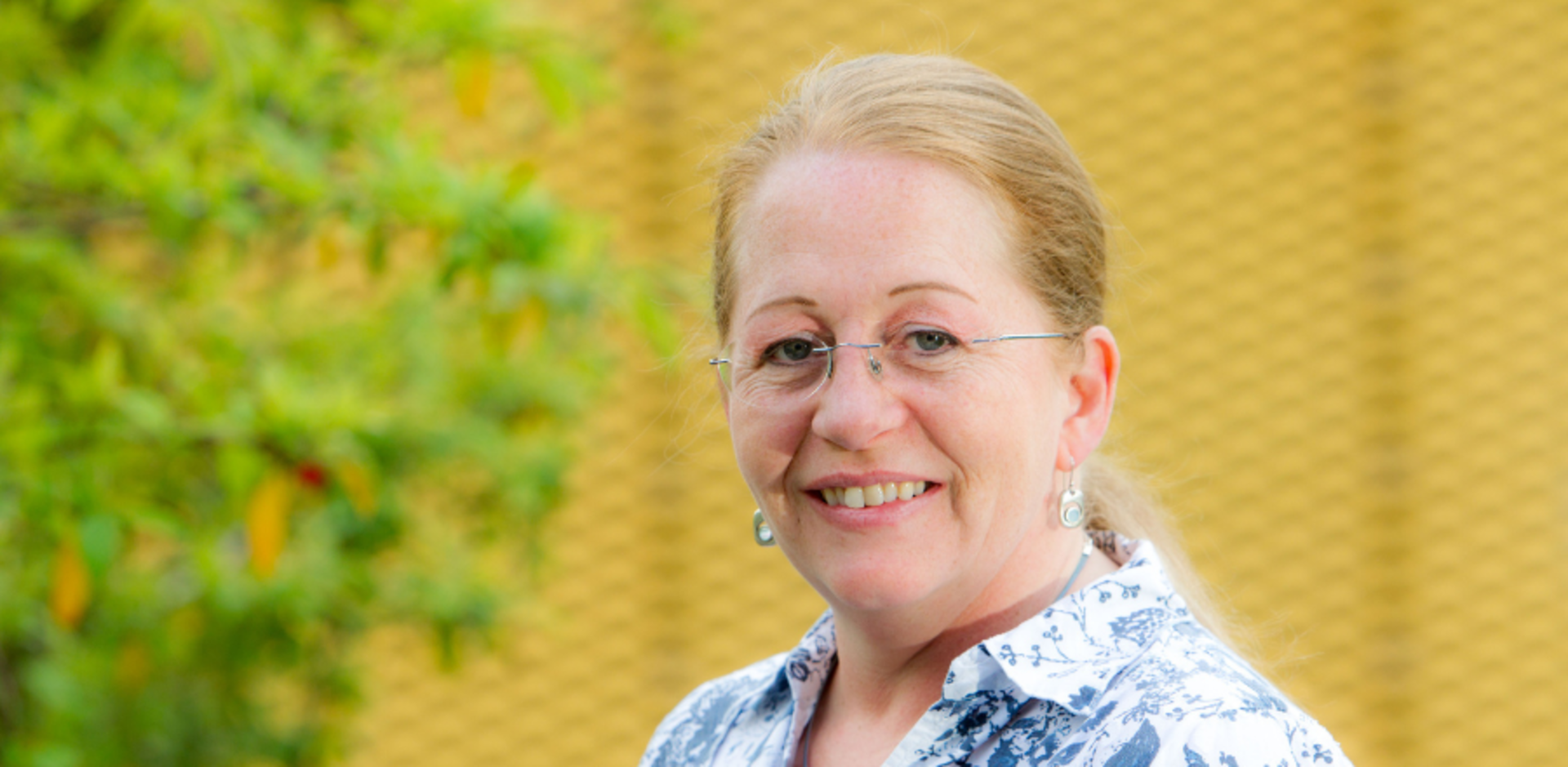Ageing expert behind new data predicting falls rise in older people as a result of COVID-19 lockdown

Glasgow Caledonian University Professor in Ageing and Health Dawn Skelton was one of the experts behind new data predicting that the number of falls among older adults could increase due to a decline in balance and muscle strength caused by inactivity during the first lockdown.
The report ‘Wider Impacts of COVID-19 on Physical Activity, Deconditioning and Falls in Older Adults’ has just been published by Public Health England.
Professor Skelton is a member of the National Falls Prevention Coordination Group (NFPCG) and was on the advisory group for the report, giving her guidance and advice throughout.
She explained: “The report predicts that 110,000 more older people (an increase of 3.9%) are projected to have at least one fall per year as a result of reduced strength and balance activity during the pandemic, with a cost of £211 million to the health and social care system.
“Older people experienced a considerable reduction in strength and balance activity between March-May 2020, with the greatest change in the 70-74 age group with a 45% (males) and 49% (females) decrease observed in activity.”
Professor Skelton was also part of an expert panel behind a report published last year calling on the government to look into the physical and psychological effects of lockdown on older people.
The report - 'A National COVID-19 Resilience Programme' - was produced by The Physiological Society and the Centre for Ageing Better. It has been published online here and shared with the UK Parliament at a Parliamentary Committee.
The report calls for the government to consider the potential physical and mental health effects of lockdown on older people and explains the physiological reasons why older people being less active and less socially engaged will have a huge negative effect on health but also on healthcare resources with an increase in falls, depression and loneliness.
It urges UK public health agencies to launch a National COVID-19 Resilience Programme to support older people through the pandemic and to keep them healthy over the winter.
Key recommendations include encouraging appropriate exercise and physical activity; supporting optimal nutrition; enhance mental health and wellbeing; and supporting behaviour change to embed these behaviours.
It also recommended televised physical activity opportunities, paper-based programmes and Make Movement Your Mission classes for those on Facebook or who can access You Tube.
